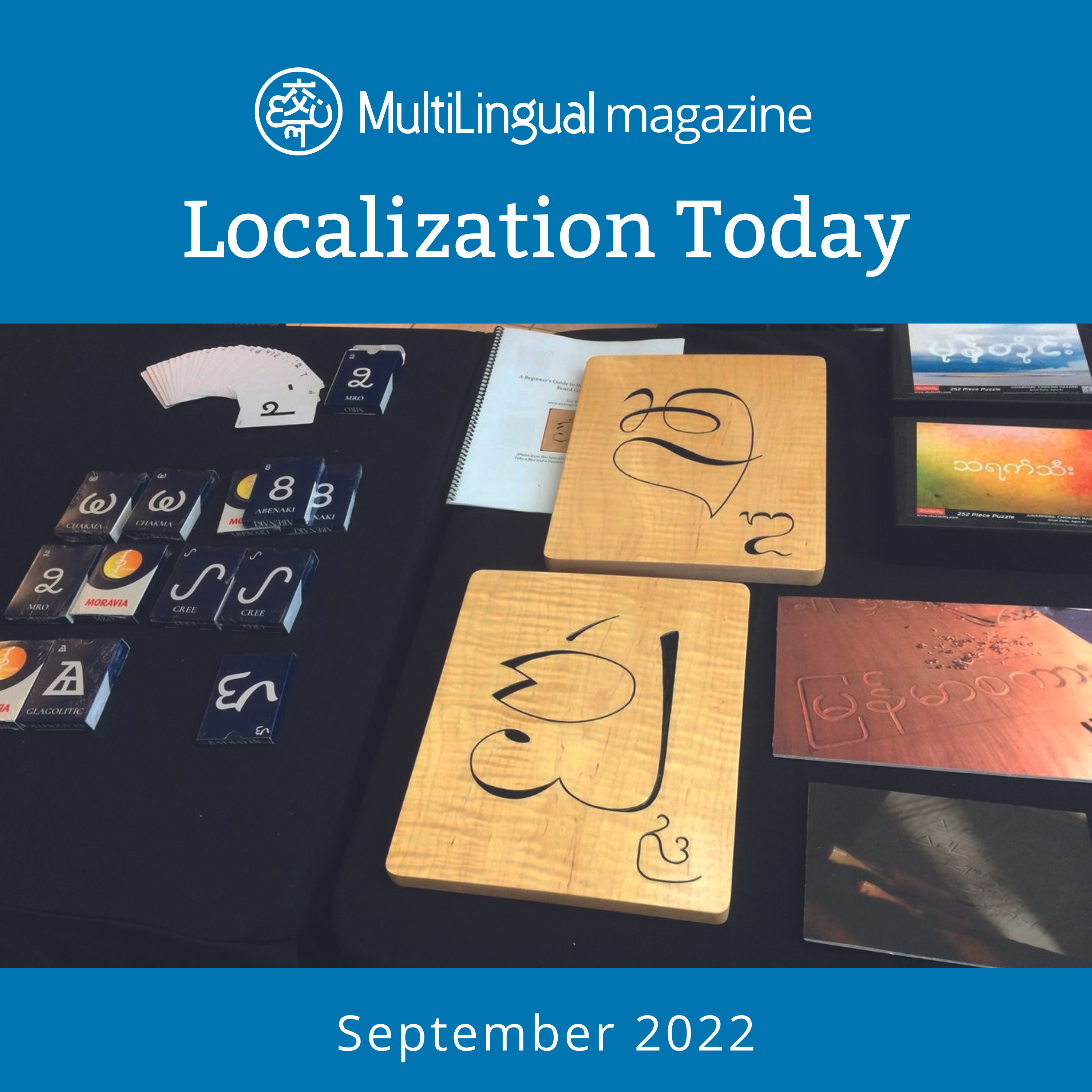Episode Transcript
The gaming industry is forecasted to grow at an explosive rate of over 9% in the next three years. One of the fastest-growing industries worldwide, the global games market is set to reach almost $257 billion by 2025, according to Statista. More than 2.5 billion people worldwide now play games regularly.
While most games are originally produced in English, it is no secret that a majority of consumers around the globe prefer to be addressed in their own native language. According to 2020 Nimdzi Research, nine out of 10 global users are likely to ignore a product if it is not in their native tongue. This alone presents any gaming outfit with an interesting localization motivation. Localizing can help extend reach and appeal to new target audiences. Allowing players to enjoy a game in their native language can positively affect the user experience and lead to better reviews.
Not all countries have the same language expectations, however. A lot depends on the level of exposure a region has to English. In Flanders, the Netherlands, and some of the Scandinavian countries, for example, where there is lot of television programming in English and people are used to following along with subtitles while retaining the original sound, it is generally easier to get away with keeping a game in English. In countries like France, Spain, and Italy, where the population is not used to hearing English as frequently, gamers expect a complete localization effort.
The 2021 edition of the EF English Proficiency Index ranks 112 countries and regions by their English skills
So, from a purely business perspective, what are some of the most interesting languages to localize into? Consider the platform your game will be released on and its most popular languages. It might be a good idea to check what the competition is doing in a region as well. Languages like French, Italian and German that are spoken across borders can open up multiple doors at once.
When it comes to return on investment (ROI) another important factor to consider is growth. According to Yahoo finance, 56% of the gaming growth in the next couple of years will originate from APAC. China, Japan, and South Korea therefore look to be some of the key markets for investment.
Recently, Niko Partners, a gaming market intelligence research firm, reported that China's domestic video-game market revenue reached $45.5 billion during 2021. The data from its China Mobile Games Market and China PC Games Market Reports say that 2021 saw an increase of 5% year-over-year. Mobile titles generated $31.8 billion, whereas PC games made $13.7 billion.
Market growth in APAC is looking to be faster than in other regions, and it is specifically the increasing penetration of eSports that is driving this trend the most over the forecast period. eSports refer to organized tournaments that are often televised and culminate in championships much like regular sports leagues. The phenomenon continues to gather steam with lots of international opportunity.
To properly calculate an actual localization budget required for taking a game abroad, some important process considerations remain. While basic localization just involves the translation of description, keywords, and screenshot content that will be available to customers when they shop in app stores, additional content typically can be found inside the game. To make the process complete the audio content also needs to be addressed.
Even if there is no budget to fully localize a game, translating the content made available in app stores in as many languages as possible can make a lot of sense.


